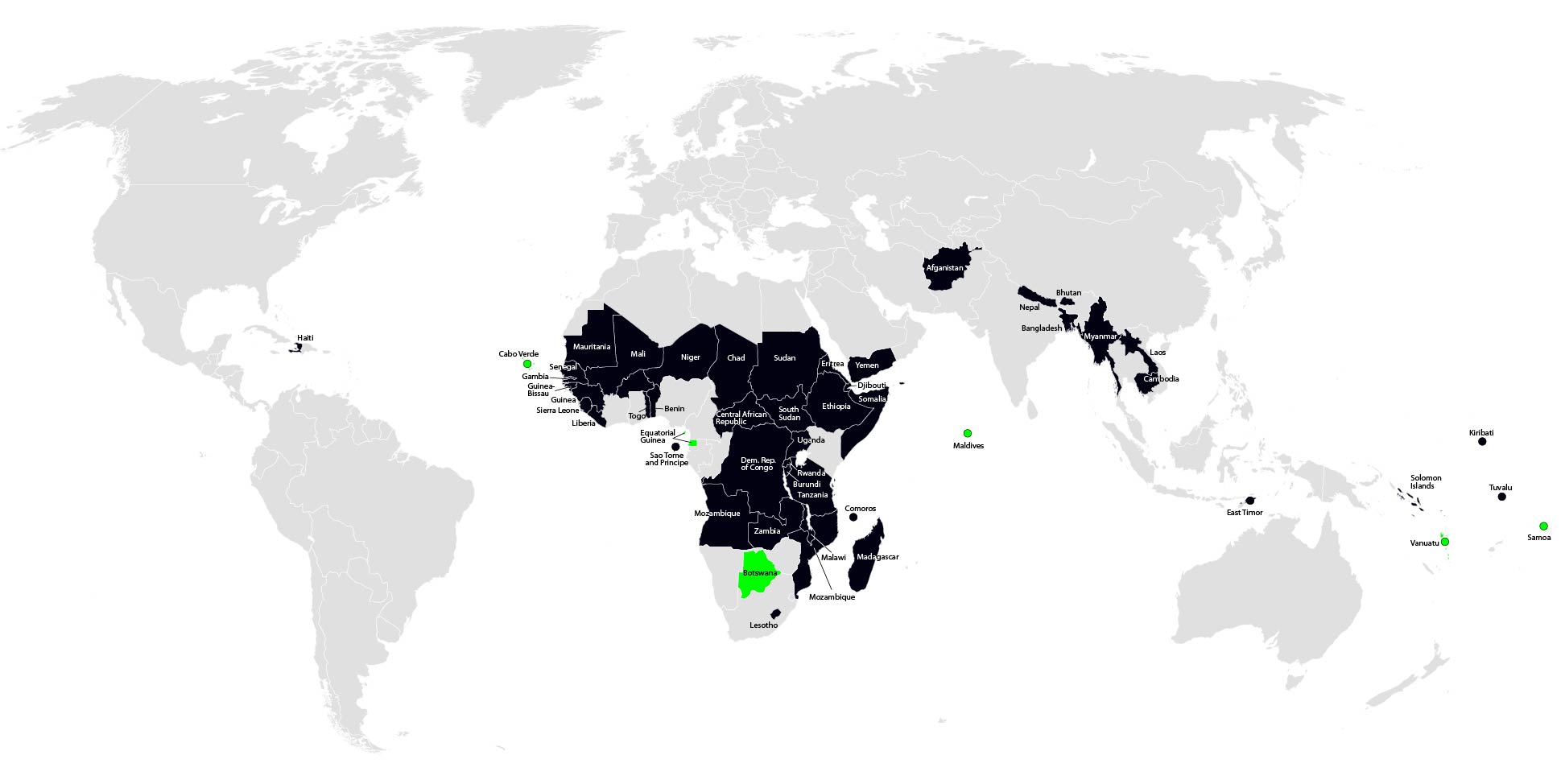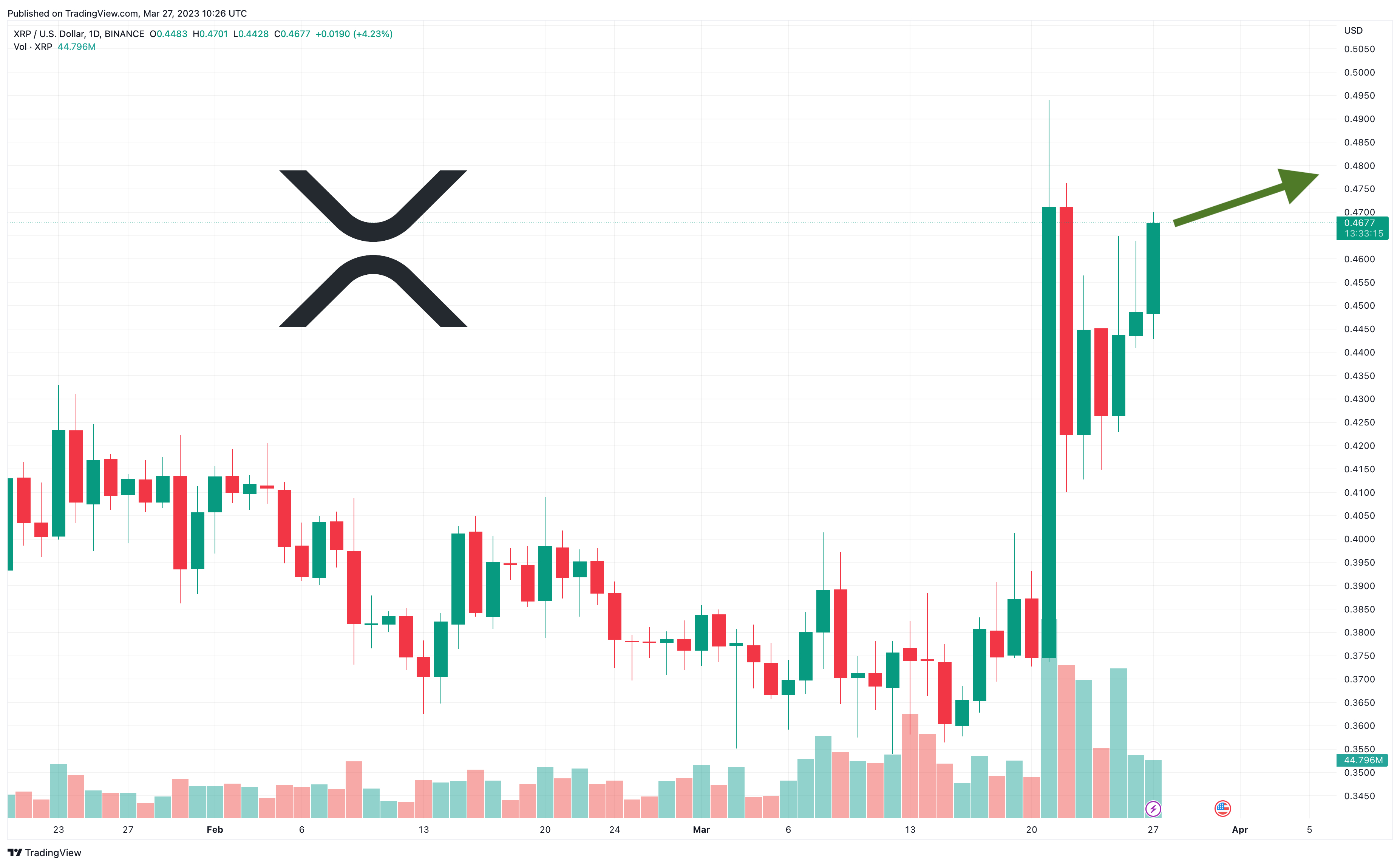LDCs Future Forum 2025: Zambia Hosts Crucial Summit For Least Developed Countries

Table of Contents
Main Points: Addressing the Critical Needs of Least Developed Countries
The LDCs Future Forum 2025 will tackle a range of interconnected challenges hindering the progress of Least Developed Countries.
Economic Development and Poverty Reduction
Sustainable economic growth is paramount for poverty eradication in LDCs. This requires a multifaceted approach that includes:
- Diversifying economies: Moving beyond reliance on a few commodities to create more resilient and sustainable income streams. This might involve investments in manufacturing, technology, and tourism.
- Attracting foreign direct investment (FDI): FDI can provide much-needed capital and expertise for infrastructure development and job creation. This requires establishing a stable and transparent investment climate.
- Promoting entrepreneurship and small and medium-sized enterprises (SMEs): SMEs are the engine of growth in many economies, and providing support to these businesses is crucial for job creation and economic diversification. Access to microfinance and business development services are key.
- Investing in human capital: Education, healthcare, and skills development are essential for building a productive workforce. This includes access to quality education, particularly for girls and women.
Successful initiatives such as the Grameen Bank model in Bangladesh, which provides microloans to impoverished entrepreneurs, showcase the potential for innovative solutions. However, challenges remain in accessing international funding and navigating bureaucratic hurdles.
Climate Change Vulnerability and Adaptation
LDCs are disproportionately vulnerable to the impacts of climate change, facing more frequent and intense droughts, floods, and other extreme weather events. Adaptation and mitigation strategies are crucial:
- Investing in climate-resilient infrastructure: This includes building infrastructure that can withstand extreme weather events, such as flood defenses and drought-resistant crops.
- Promoting renewable energy: Shifting towards renewable energy sources like solar and wind power can reduce greenhouse gas emissions and increase energy security.
- Developing sustainable agricultural practices: Sustainable agriculture practices can help improve food security and reduce the vulnerability of communities to climate change.
- Access to climate finance: Securing funding for climate adaptation and mitigation projects is essential. This requires greater commitment from developed countries to fulfill their climate finance commitments.
Zambia, as a nation experiencing the effects of climate change itself, will bring crucial firsthand experience to discussions on climate resilience, sharing strategies for adapting to these environmental shifts.
Strengthening Governance and Institutional Capacity
Good governance, transparency, and strong institutions are essential for fostering sustainable development in LDCs. This requires:
- Promoting anti-corruption measures: Corruption diverts resources and undermines public trust. Strong anti-corruption measures are crucial for building strong institutions.
- Enhancing transparency and accountability: Transparent and accountable governance ensures that public resources are used effectively and efficiently.
- Building institutional capacity: Strengthening the capacity of government institutions is essential for effective policy implementation. This involves training, technical assistance, and capacity-building programs.
- Promoting citizen participation: Empowering citizens to participate in decision-making processes is crucial for ensuring that development initiatives are responsive to the needs of the population.
Successful governance reforms in Rwanda, for example, highlight the transformative potential of good governance in driving economic growth and reducing poverty.
Zambia's Role as a Host Nation
Zambia's selection as host for the LDCs Future Forum 2025 is strategically significant.
Zambia's Development Trajectory and Lessons Learned
Zambia's own developmental journey provides valuable lessons for other LDCs. The country has experienced periods of both economic growth and challenge, offering practical insights into overcoming obstacles and achieving progress. Examples of Zambia's successes and challenges in areas such as infrastructure development, diversification of its economy, and poverty reduction will be crucial points of discussion.
- Successes: Initiatives in mining, agriculture, and tourism represent positive steps towards economic diversification.
- Challenges: Overcoming infrastructure deficits and promoting inclusive growth remain key ongoing priorities.
Promoting South-South Cooperation
Zambia plays a vital role in fostering South-South cooperation, facilitating knowledge sharing and collaboration among LDCs. This includes sharing best practices and lessons learned in areas such as poverty reduction, climate change adaptation, and good governance. Examples of existing collaborations will be highlighted at the forum.
- Capacity building: Sharing expertise in areas such as agriculture, health, and education.
- Technology transfer: Facilitating the adoption of new technologies and innovations.
Infrastructure and Logistics for a Successful Summit
Zambia is actively preparing for the summit, ensuring the necessary infrastructure and logistical support for a successful event. This includes investments in conference facilities, transportation, and accommodation to ensure a smooth and productive forum.
Conclusion: The LDCs Future Forum 2025: A Catalyst for Change
The LDCs Future Forum 2025 will provide a crucial platform for addressing the multifaceted challenges facing Least Developed Countries. By fostering dialogue, collaboration, and knowledge sharing, the forum can act as a catalyst for progress. Zambia’s role as host nation, leveraging its own experiences and commitment to South-South cooperation, is instrumental in making this summit a success. The solutions discussed—from promoting sustainable economic growth and climate resilience to strengthening governance and institutional capacity—will be critical in shaping a more prosperous and equitable future for LDCs. Follow the LDCs Future Forum 2025 to learn more about the progress of Least Developed Countries and support initiatives for LDC development. Let’s work together to build a brighter future for these vulnerable nations.

Featured Posts
-
 Multiple Teams Eyeing Pittsburgh Steelers Star Wide Receiver
May 07, 2025
Multiple Teams Eyeing Pittsburgh Steelers Star Wide Receiver
May 07, 2025 -
 Xrp Price Poised For Record High As Grayscale Etf Awaits Sec Decision
May 07, 2025
Xrp Price Poised For Record High As Grayscale Etf Awaits Sec Decision
May 07, 2025 -
 Will Negative Inflation In Thailand Lead To More Interest Rate Cuts
May 07, 2025
Will Negative Inflation In Thailand Lead To More Interest Rate Cuts
May 07, 2025 -
 Young And Restless Recap Friday March 7 Diane And Kyles Storylines
May 07, 2025
Young And Restless Recap Friday March 7 Diane And Kyles Storylines
May 07, 2025 -
 Trump Endorsement Of Xrp Institutional Investors Take Notice
May 07, 2025
Trump Endorsement Of Xrp Institutional Investors Take Notice
May 07, 2025
Latest Posts
-
 The Trump Effect On Xrp Understanding Todays Market Movement
May 08, 2025
The Trump Effect On Xrp Understanding Todays Market Movement
May 08, 2025 -
 Xrps Price Jump Analyzing The Impact Of Trumps Recent Actions
May 08, 2025
Xrps Price Jump Analyzing The Impact Of Trumps Recent Actions
May 08, 2025 -
 Why Is Xrp Up Today The Trump Factor
May 08, 2025
Why Is Xrp Up Today The Trump Factor
May 08, 2025 -
 Understanding Xrps Recent Rise A Look At Trumps Role
May 08, 2025
Understanding Xrps Recent Rise A Look At Trumps Role
May 08, 2025 -
 Xrp Rising The Potential Connection To President Trump
May 08, 2025
Xrp Rising The Potential Connection To President Trump
May 08, 2025
